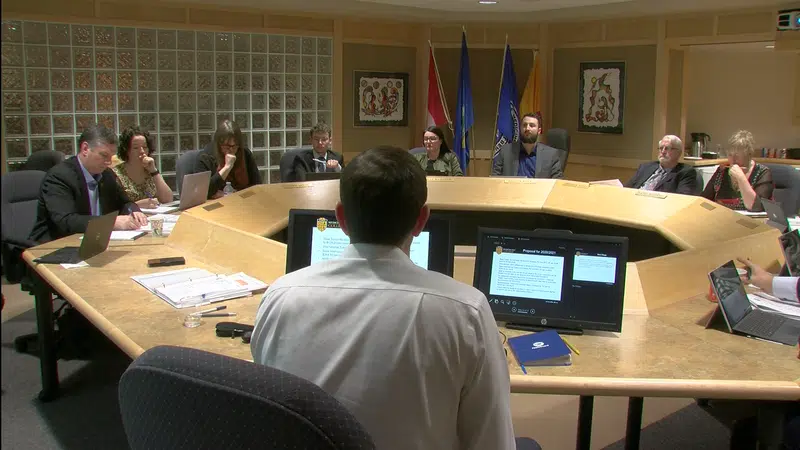
Medicine Hat College votes through seven percent tuition increase
MEDICINE HAT, AB – Students at Medicine Hat College will have to dig into their wallets a little more next fall, as the school has increased their tuition for the first time in half a decade.
At MHC’s board of governors meeting on Tuesday night, a vote to increase both domestic and international student tuition by seven percent in 2020-21 was passed unanimously.
Base tuition for domestic students will increase from $117 per credit to $125.50 per credit, while international students will see their contribution per credit rise from $321.75 to $344.30.
